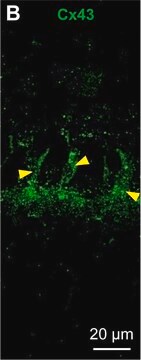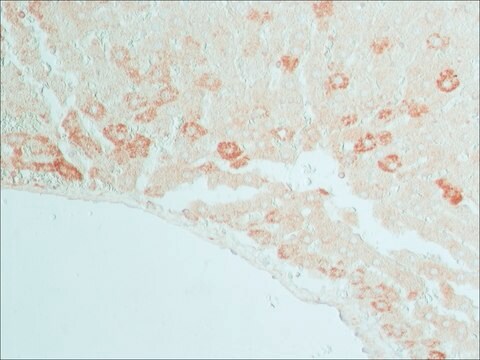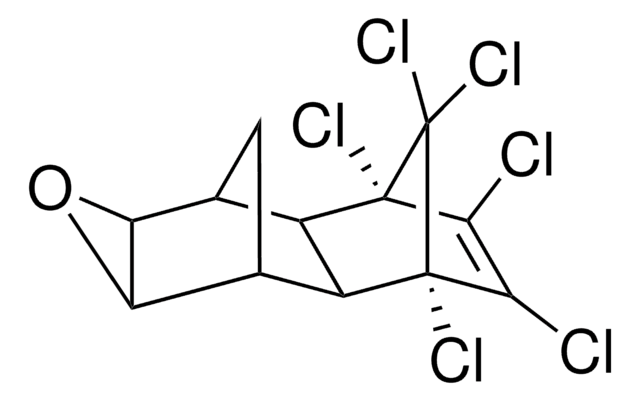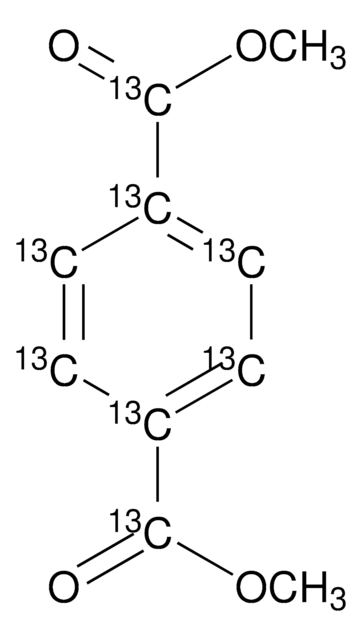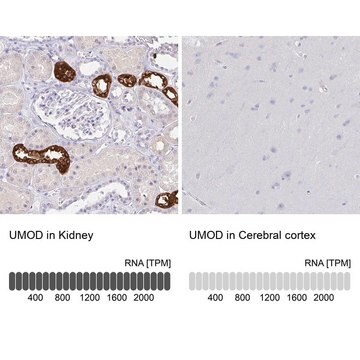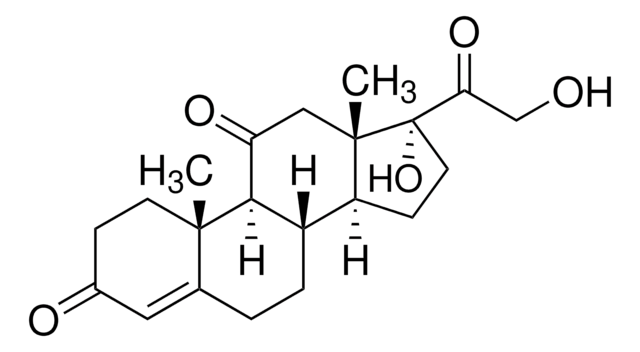Wichtige Dokumente
C6344
Monoclonal Anti-Connexin-32 antibody produced in mouse
clone CXN-32, ascites fluid, buffered aqueous solution
About This Item
ELISA (i)
IHC (f)
WB
indirect ELISA: suitable
microarray: suitable
western blot: 1:1,000 using a mouse whole brain extract
Empfohlene Produkte
Biologische Quelle
mouse
Qualitätsniveau
Konjugat
unconjugated
Antikörperform
ascites fluid
Antikörper-Produkttyp
primary antibodies
Klon
CXN-32, monoclonal
Form
buffered aqueous solution
Mol-Gew.
antigen 27 kDa
Enthält
15 mM sodium azide
Speziesreaktivität
human, rat, mouse
Methode(n)
immunohistochemistry (frozen sections): suitable
indirect ELISA: suitable
microarray: suitable
western blot: 1:1,000 using a mouse whole brain extract
Isotyp
IgG1
UniProt-Hinterlegungsnummer
Versandbedingung
dry ice
Lagertemp.
−20°C
Posttranslationale Modifikation Target
unmodified
Angaben zum Gen
human ... GJB1(2705) , GJB2(2706)
mouse ... Gjb1(14618)
rat ... Gja1(24392) , Gjb1(29584)
Allgemeine Beschreibung
Immunogen
Anwendung
- enzyme linked immunosorbent assay (ELISA)
- immunoblotting
- epifuorescent microscopy
Biochem./physiol. Wirkung
Haftungsausschluss
Sie haben nicht das passende Produkt gefunden?
Probieren Sie unser Produkt-Auswahlhilfe. aus.
Lagerklassenschlüssel
10 - Combustible liquids
WGK
WGK 3
Flammpunkt (°F)
Not applicable
Flammpunkt (°C)
Not applicable
Hier finden Sie alle aktuellen Versionen:
Besitzen Sie dieses Produkt bereits?
In der Dokumentenbibliothek finden Sie die Dokumentation zu den Produkten, die Sie kürzlich erworben haben.
Artikel
Cancer research has revealed that the classical model of carcinogenesis, a three step process consisting of initiation, promotion, and progression, is not complete.
Unser Team von Wissenschaftlern verfügt über Erfahrung in allen Forschungsbereichen einschließlich Life Science, Materialwissenschaften, chemischer Synthese, Chromatographie, Analytik und vielen mehr..
Setzen Sie sich mit dem technischen Dienst in Verbindung.